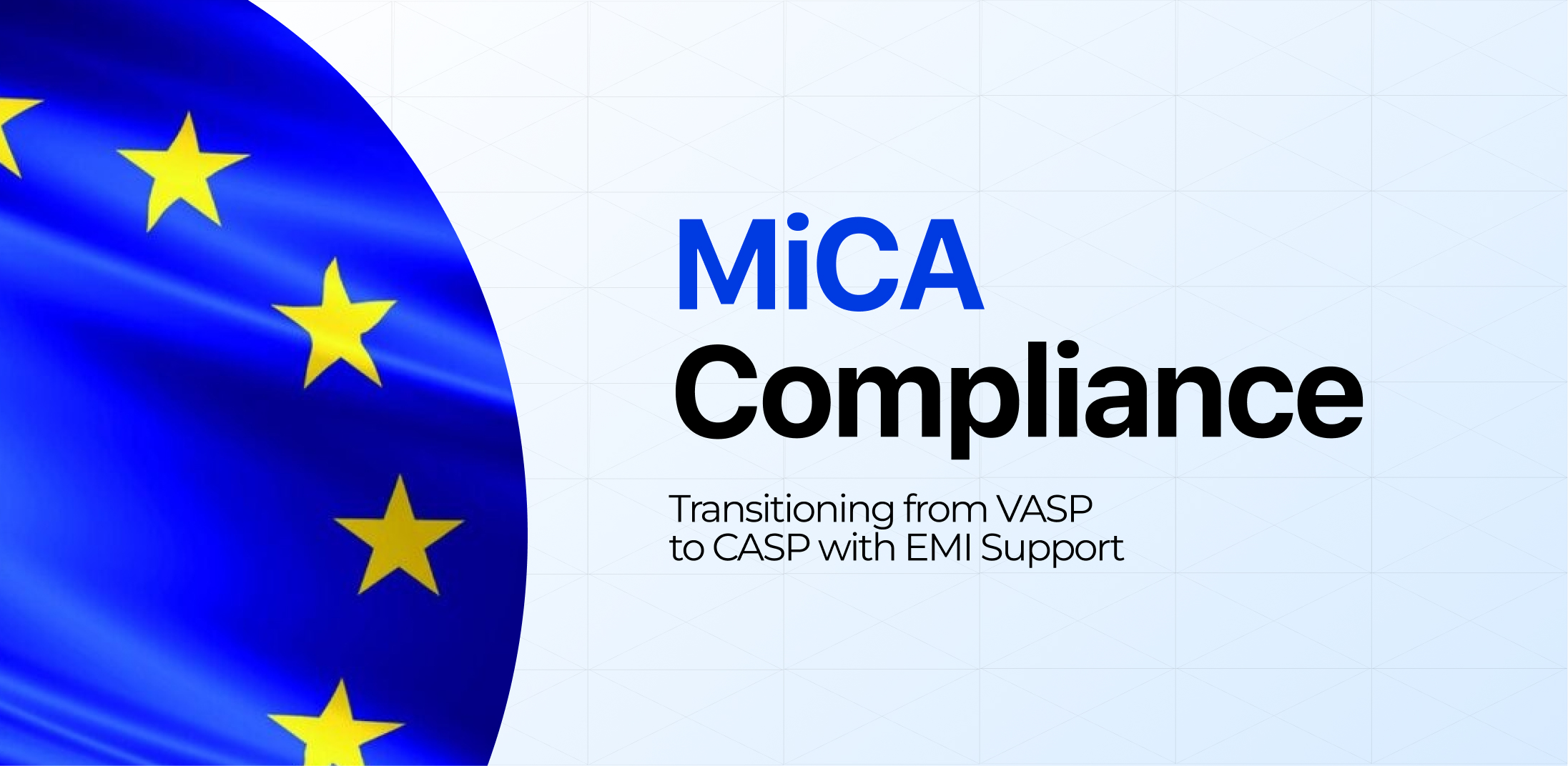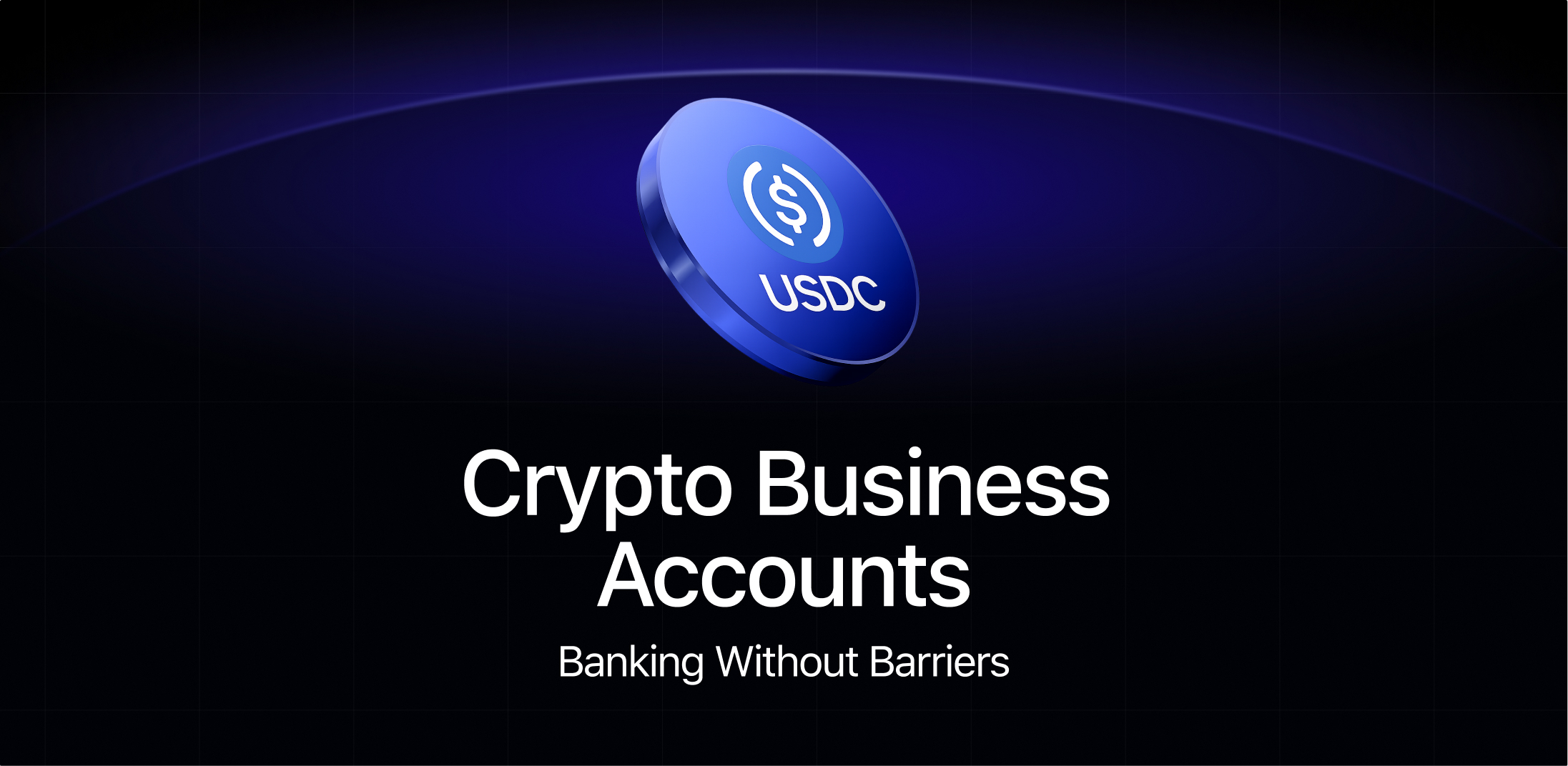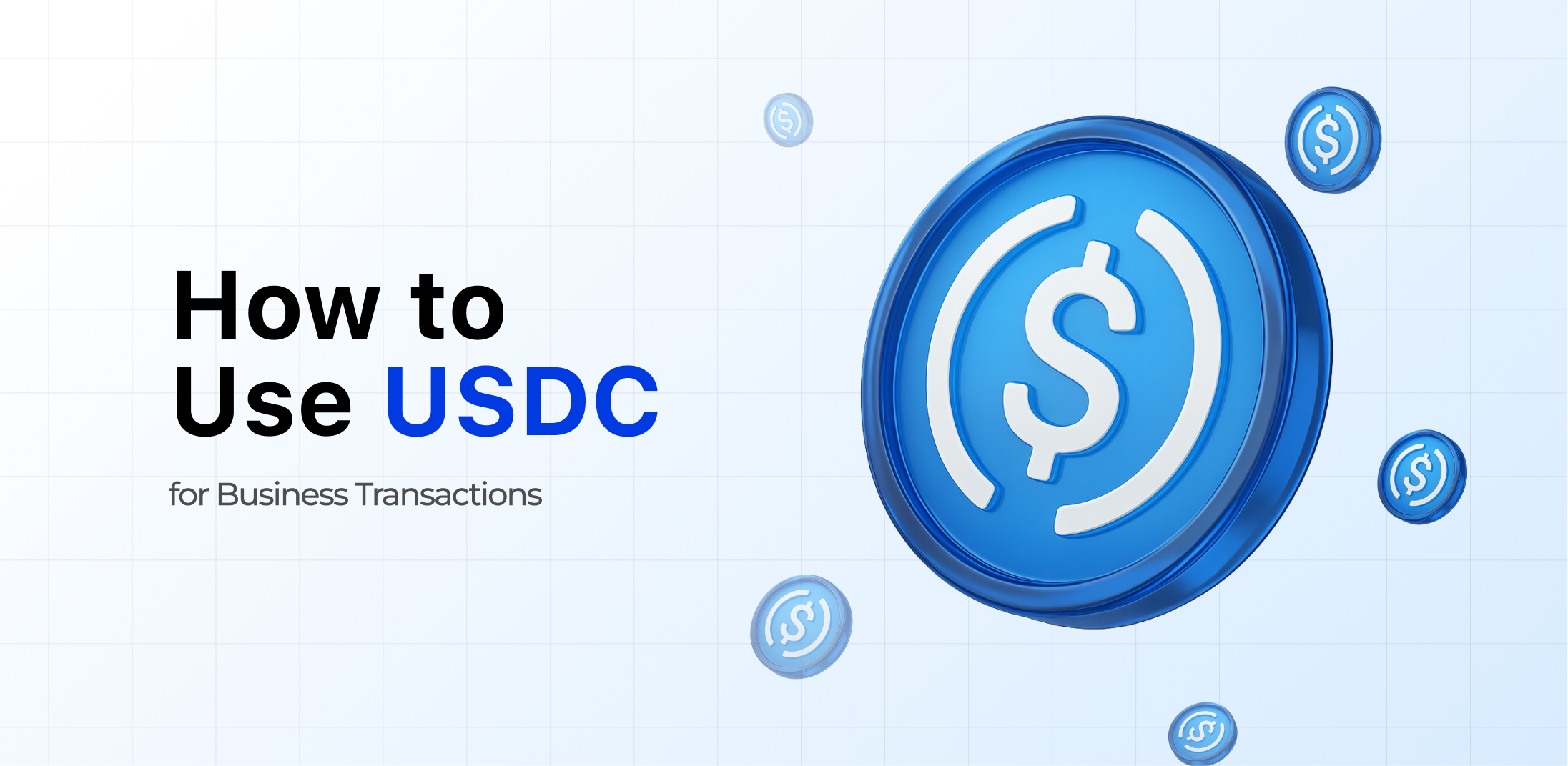Cryptocurrency is transforming global commerce, providing an innovative alternative to conventional financial systems. Digital currencies such as Bitcoin, Ethereum, and stablecoins are no longer limited to major corporations or tech enthusiasts. They are increasingly becoming part of everyday financial transactions. With reduced transaction costs, quicker international payments, and enhanced security features, cryptocurrencies offer businesses an opportunity to streamline their financial processes.
For small businesses, embracing cryptocurrency payments can lead to significant advantages, including lower fees, improved operational efficiency, and access to a broader customer base. By integrating digital assets into their payment systems, these businesses can eliminate costly middlemen, reduce the risk of chargebacks, and attract a growing community of tech-savvy consumers.
This article explores the evolving role of cryptocurrency in small business transactions, highlighting its potential benefits, the challenges it presents, and its long-term implications. As digital currencies continue to gain mainstream acceptance, understanding their impact will be crucial for entrepreneurs seeking to remain competitive in a rapidly changing financial environment.
Current Adoption of Cryptocurrency Technology in Small Businesses

The adoption of cryptocurrency by small businesses is steadily growing as entrepreneurs discover its advantages in lowering costs and streamlining transactions. Digital assets are being utilized in multiple ways, including as an alternative payment method in e-commerce. Accepting cryptocurrencies allows businesses to reach an international audience while reducing credit card processing fees. Additionally, crypto enables quicker and more cost-effective cross-border transactions by eliminating reliance on traditional banking intermediaries and expensive currency conversion fees.
Some businesses are also turning to decentralized finance (DeFi) platforms for borrowing, lending, and yield farming, providing access to capital without traditional financial institutions. Several small enterprises have successfully integrated cryptocurrency into their operations. Many Shopify merchants use platforms like BitPay and Coinbase Commerce to process Bitcoin, Ethereum, and stablecoin payments. Restaurants such as PizzaforCoins accept digital currency for food purchases, offering greater payment flexibility.
Freelancers and service providers also benefit from cryptocurrency by receiving payments instantly, avoiding long bank processing times and excessive transaction fees. However, the road to widespread crypto adoption comes with challenges. Market volatility can make pricing unpredictable, prompting some businesses to immediately convert crypto transactions into stablecoins or fiat currency.
Regulatory uncertainty is another major hurdle, as businesses must navigate varying government policies and tax implications. Furthermore, while cryptocurrency is becoming more mainstream, many consumers remain unfamiliar with how to use it for everyday purchases, slowing its adoption. Overcoming these obstacles will be crucial for small businesses looking to maximize the potential of cryptocurrency in the evolving digital economy.
Key Benefits of Cryptocurrency and Blockchain for Small Businesses

A key benefit of cryptocurrency for small businesses is the significant reduction in payment processing expenses. Conventional payment methods, such as credit cards and bank transfers, often come with high intermediary fees that eat into business revenue. By enabling direct peer-to-peer transactions, cryptocurrencies eliminate the need for third parties, allowing businesses to save on costs. This is particularly advantageous for small enterprises that operate on tight profit margins and seek to optimize their financial efficiency.
Traditional banking systems can take several days to finalize payments, especially for international transactions. In contrast, cryptocurrency transactions are processed almost instantly, thanks to blockchain technology. This ensures businesses receive funds without delays, improving cash flow and enabling smoother financial operations. Faster payments help small businesses stay financially agile, allowing them to cover operational costs and reinvest in growth without waiting on slow bank settlements.
Another major advantage of cryptocurrency is its role in expanding financial access worldwide. Many small businesses, particularly in underbanked or developing regions, struggle to access traditional banking services, making it difficult to receive cross-border payments or secure financing. By leveraging crypto, businesses can bypass these barriers and tap into a decentralized financial ecosystem, enabling seamless participation in global trade without the restrictions imposed by conventional banking institutions.
Technological Innovations Shaping Crypto Payments
Scaling Transactions with Layer 2 Solutions
To enhance transaction speed and reduce costs, Layer 2 solutions like the Lightning Network have emerged as game-changers for Bitcoin payments. These innovations improve scalability, enabling small businesses to handle microtransactions efficiently while avoiding high fees and blockchain congestion.
Stablecoins: Reducing Volatility for Businesses
Cryptocurrencies such as USDT and USDC offer stability by maintaining a fixed value tied to fiat currencies. Unlike traditional cryptocurrencies, which are prone to price swings, stablecoins provide businesses with a dependable and predictable payment method, making them an attractive option for small businesses exploring digital transactions.
How CBDCs Could Influence Small Business Payments
As governments develop Central Bank Digital Currencies (CBDCs), these state-backed digital assets could transform the financial landscape. If widely implemented, CBDCs would offer businesses a regulated and stable way to accept digital payments, creating a seamless link between traditional banking and cryptocurrency-driven commerce.
Crypto Payment Gateways: Streamlining Digital Transactions
Payment platforms like BitPay and CoinGate simplify cryptocurrency adoption by allowing businesses to accept crypto payments effortlessly. These services automatically convert digital assets into fiat currency, mitigating volatility concerns and ensuring smooth transactions for merchants and customers alike. By integrating these solutions, small businesses can expand their payment methods and appeal to a broader audience of crypto users.
Regulatory and Compliance Challenges for Business
Navigating the Landscape of Crypto Regulations
Cryptocurrency regulations differ widely across jurisdictions, making it challenging for small businesses to adopt digital assets as a payment method. While some countries, such as Switzerland and Singapore, have embraced crypto with clear legal frameworks and business-friendly policies, others, including China and Algeria, have imposed strict limitations or outright bans on its use. This regulatory inconsistency creates uncertainty for businesses that operate across multiple regions, as they must navigate complex compliance requirements.
For businesses in crypto-friendly jurisdictions, well-defined regulations provide clarity on tax obligations, reporting requirements, and legal protections. In contrast, in regions with ambiguous or evolving policies, companies must stay vigilant to avoid compliance risks. Small businesses must also consider anti-money laundering (AML) and counter-terrorism financing (CTF) regulations, which often require identity verification, transaction monitoring, and financial reporting to authorities.
To successfully integrate cryptocurrency while remaining compliant, businesses can leverage expert legal counsel, compliance tools, and trusted payment providers like PaySaxas. By staying informed on global regulatory trends and using solutions that simplify compliance, small businesses can confidently navigate the evolving crypto landscape while unlocking the benefits of digital payments.
AML and KYC Compliance Requirements
To prevent illicit financial activities such as money laundering and fraud, regulators enforce Anti-Money Laundering (AML) and Know Your Customer (KYC) compliance measures. These protocols help ensure that businesses engaging in cryptocurrency transactions operate transparently and within legal boundaries.
For small businesses accepting cryptocurrency, AML and KYC requirements typically involve:
- Identity Verification – Businesses must collect and verify customer information, such as government-issued IDs and proof of address, before processing crypto transactions. This ensures that transactions are not conducted anonymously, reducing the risk of fraud.
- Transaction Monitoring – Companies are required to track and analyze transactions for suspicious activities, such as unusually large transfers or rapid fund movements that may indicate money laundering.
- Record Keeping – Businesses must maintain detailed logs of customer information and transaction histories for a set period, often five years or more, as required by local regulations. This allows authorities to audit transactions if needed.
- Reporting Suspicious Activity – If a business detects unusual transactions, it may be legally obligated to report them to financial authorities, such as the Financial Crimes Enforcement Network (FinCEN) in the U.S. or the Financial Action Task Force (FATF) internationally.
While compliance can add administrative complexity, payment solution providers like PaySaxas simplify the process. PaySaxas offers built-in compliance tools that help small businesses meet AML and KYC obligations efficiently. By integrating secure verification processes and automated transaction monitoring, businesses can focus on growth while ensuring full regulatory compliance.
Tax Considerations of Crypto Payments
Accepting cryptocurrency as payment presents unique tax challenges for small businesses. Since digital assets are often treated as property or financial instruments, crypto transactions may incur tax liabilities similar to those of stocks or other investments. To avoid penalties and ensure compliance, businesses must understand these tax obligations and maintain accurate records.
Navigating crypto taxation can be complex and time-consuming, but PaySaxas simplifies the process by providing advanced tax reporting tools. With features such as automated transaction tracking, real-time conversion rates, and detailed financial reports, businesses can efficiently manage their crypto payments while meeting regulatory requirements.
By staying informed and leveraging the right financial solutions, small businesses can integrate cryptocurrency into their operations with confidence, ensuring seamless transactions while remaining fully tax-compliant.
Impact of Clear Regulations on Crypto Adoption
A well-defined regulatory framework plays a crucial role in shaping cryptocurrency adoption among small businesses. When governments establish clear guidelines for crypto transactions, businesses can confidently integrate digital payments without fear of legal repercussions or compliance challenges. Transparent regulations help create a stable environment, encouraging innovation and investment in blockchain-based financial solutions.
Conversely, regulatory uncertainty or overly restrictive policies can deter businesses from accepting cryptocurrency. Without clear legal structures, companies may face difficulties in navigating compliance, tax obligations, and banking relationships, ultimately hindering adoption. This lack of clarity can also lead to reduced trust among customers and partners, limiting the growth potential of crypto payments in commercial settings.
To support businesses in adapting to regulatory changes, PaySaxas offers compliance solutions, risk management tools, and expert guidance on crypto regulations. By helping businesses stay ahead of evolving legal requirements, PaySaxas ensures that small enterprises can integrate cryptocurrency securely and efficiently.
As governments continue to refine their approach to digital assets, small businesses that proactively align with emerging regulations will be well-positioned to benefit from the growing crypto economy.
The Future of Cryptocurrency in Small Business Transactions

As blockchain technology advances, the adoption of cryptocurrency by small businesses is set to grow. Emerging solutions like Layer 2 networks, enhanced security measures, and stable digital assets are streamlining crypto transactions, making them more efficient and cost-effective.
As major financial institutions incorporate crypto-friendly services, digital currencies could soon become a mainstream payment method for businesses of all types. Educating merchants plays a crucial role in accelerating this transition. Many small business owners lack awareness of the advantages and practical applications of cryptocurrency payments.
Expanding access to educational materials, intuitive payment solutions, and industry guidance will empower businesses to embrace digital transactions with confidence, reducing uncertainty and fostering broader adoption. With ongoing technological progress and increased awareness, cryptocurrency is on track to revolutionize small business payments, delivering enhanced efficiency, security, and global reach.
Conclusion
Cryptocurrency is reshaping the way small businesses manage transactions by providing cost-effective, rapid, and globally accessible payment solutions. As blockchain technology advances and regulatory frameworks become more defined, digital payments are set to become a mainstream option for businesses. However, for widespread adoption to take hold, innovation, education, and dependable service providers are essential to bridging the divide between traditional finance and cryptocurrency.
This is where PaySaxas makes a difference. As a leading payment solutions provider, PaySaxas empowers small businesses to integrate cryptocurrency seamlessly into their financial operations. With secure transaction processing, compliance assistance, and multi-currency capabilities, PaySaxas simplifies crypto adoption.
It ensures businesses can operate with confidence in the evolving financial landscape. By embracing cryptocurrency with the right tools and support, small businesses can enhance efficiency, reduce costs, and expand their reach. Those who adopt crypto payments today will be well-positioned to thrive in the future of digital commerce.








